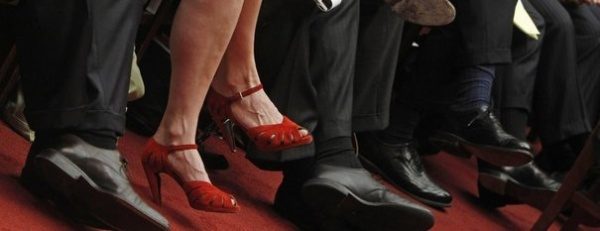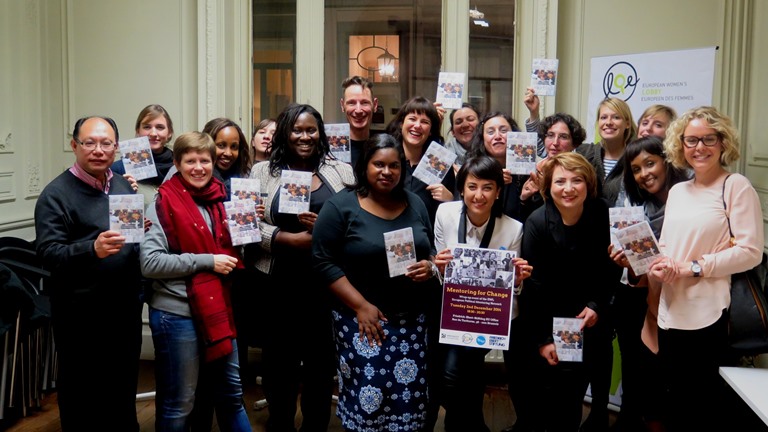[European Commission, Brussels, 24 May 2011] An update of the European Commission’s database on women and men in decision-making points out that the gender imbalance has remained unchanged. Across the EU the share of women in political decision-making positions at European, national and regional level has hardly changed since 2004 and in some cases has even declined.
The update of the European Commission’s database includes a quarterly update of data on political decision-making at European, national level and regional level (for those regions where there have been elections). Data were collected between 14 and 28 February 2011 and reflect changes since the last update in autumn 2010.
National parliaments
The gender imbalance in national parliaments around the EU is unchanged at 24% women and 76% men. In the only national election to take place over the period, the share of women members in the Senate of the Czech Republic increased by one percentage point to 19% in October 2010 after one more woman was elected.
Two changes amongst those nominated to lead their respective houses of parliament (single, lower or upper houses) resulted in the share of women presidents/speakers in the EU rising from 20% to 25%.
Governments
Women account for 26% of senior ministers (those with a seat on the cabinet) in governments across the EU-27 countries, 22% of junior ministers and 24% overall. Apart from minor fluctuations, the share of women in government has changed little over the past four years.
A number of government reshuffles took place:
- In Ireland the cabinet was smaller than usual at the time of data collection due to a number of ministerial resignations. Of the remaining seven senior ministers, two were women (29% from 20% previously).
- The overall share of women in the Latvian government increased slightly from 26% to 30%, following an increase in the number of junior ministers.
- In the Netherlands, the proportion of women in government fell from one in three (36%) to just one in five (20%) after new junior ministerial positions were taken by men.
- In both Spain and France the number of senior ministers has been reduced slightly and the share of women has fallen in both cases, from 50% to 44% in Spain and from 34% to 32% in France.
Regions
Regional elections took place in seven countries; Hungary, Sweden, Poland, Greece, Spain (Catalunya region), Austria (Vienna and Steiermark regions), and in the Czech Republic (Prague region). Women now account for 31% of the members of regional assemblies and 32% of regional executives though only 15% of assemblies and 11% of executives are led by women. Across the EU as a whole, the gender imbalance in regional assemblies has hardly changed since 2004.





